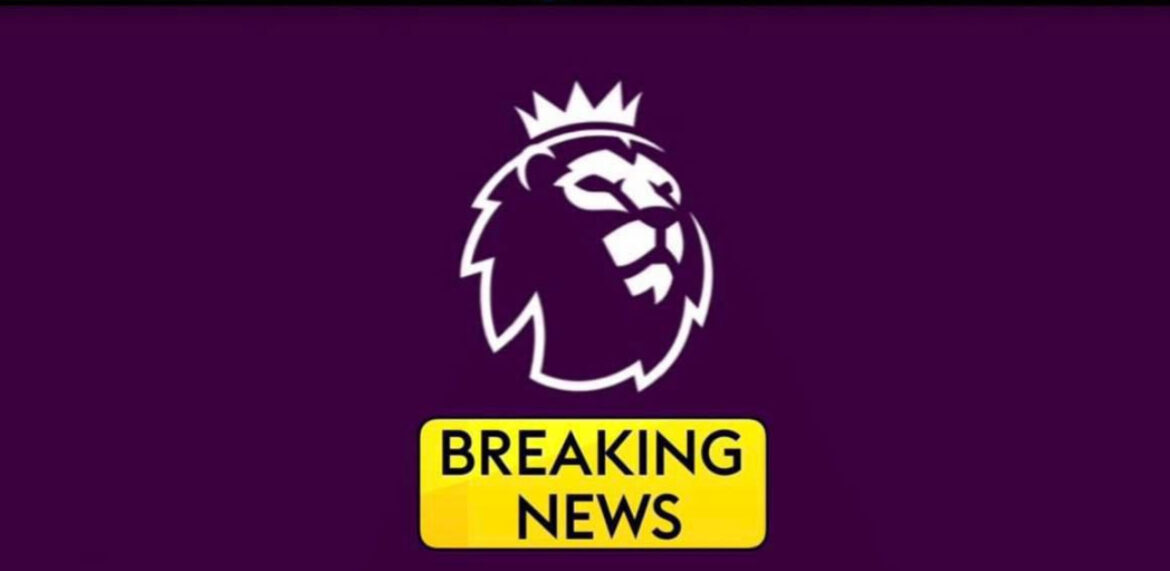During the middle of the second half, when the score was tied, Ten Hag took the decision to substitute Scott McTominay and Amad for Kobbie Mainoo and Rasmus Hojlund. The Old Trafford supporters showed a notable amount of resistance to this move.
When Hojlund was taken out of the game against Manchester City and Brighton earlier in the season, a similar level of dissatisfaction was shown.
Antony’s late goal appeared to save United’s performance; however, Andre Onana’s mistake resulted in a late penalty kick that Zeki Amdouni converted, which resulted in jeers from the home crowd at the final whistle.
In his defense of his tactical choices, Ten Hag emphasized the significance of effectively managing his team and creating opportunities for younger players, all while working toward the goal of achieving victories.
The explanation that he provided was, “I have to lead the team and win games first.”
At that point, we require not just some new blood but also some technical expertise in order to bring in a player who is both creative and capable of keeping the ball.
Especially considering that there were three games in a single week, the Dutch manager provided an explanation for the substitutions by pointing out the intensity of the struggle in the middle of the field and the requirement for fresh legs.
As he emphasized the need of preserving players like Hojlund, Mainoo, and Garnacho from potential injuries, he brought attention to the fact that these players are very young and have a limited amount of experience.
Ten Hag underlined the need of making decisions that are in the best interest of the progression of the squad, while acknowledging the desire of the fans to see the abilities of these young players.
“I recognize that supporters want to witness these guys’ talents because they are valuable members of the squad,” he underlined. “So I completely understand that.”
That is something I am aware of, but I needed to get my work done, and that was the best option available to me.
Ten Hag pleaded for patience from both the supporters and the owners of the club, highlighting the ongoing process of rebuilding and the amount of time that is necessary for young players to adjust to the demands of the Premier League.
In addition to underlining the steep learning curve that young players face, he underlined the importance of having experience and maintaining concentration throughout matches.
Ten Hag, in response to critics who compared his United club to famous squads from the past, denied the link by pointing out that even the greatest teams under Sir Alex Ferguson had early challenges.
It was underlined by him that development is a process that takes time, and that patience is necessary for the progress of the team.
The message that Ten Hag is sending to the supporters of Manchester United is, in essence, a request for understanding and patience as the club is going through a period of transition and working toward the goal of building a competitive side for the future.
This complicated balance between managing the expectations of supporters and the developmental needs of a squad that is in transition is reflected in Ten Hag’s request for patience, which underlines the complexity of the situation.
It would appear that he is putting an emphasis on the significance of consistency and gradual advancement, particularly when it comes to the incorporation of young players into a high-pressure environment such as the Premier League.
Despite the fact that it is a difficult task, it is one that calls for the time and support of all of the stakeholders.
